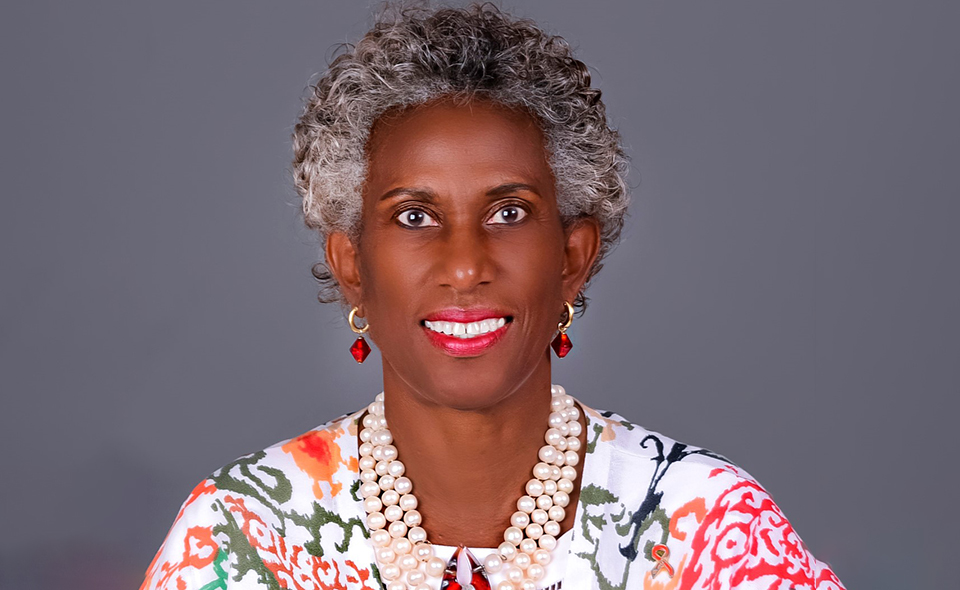Career mediator Caryl Lashley offers her thoughts on the state of mediation in The Bahamas and internationally – why is it so crucial to modern business relationships?
What does the process for mediation typically look like in The Bahamas?
There is no set process for mediation in The Bahamas. Although I did a 40-hour mediation training course in 1995 and was involved with mediation since the late 1990s as counsel, the process of mediation is still not a common way to resolve disputes in The Bahamas. In the processes with which I was involved in the late 1990s, the mediator was in those cases a Canadian citizen who came to The Bahamas to conduct the process each time. I welcomed the process, and in the first several matters, the parties making the claim refused the offers made during the process and obtained nothing during the court process.
Since that time, however, while there is a great need for public education on the process, there are persons who avail themselves of it. Unfortunately, there are still too many people who want to ‘win’! The idea of a creative successful outcome in a dispute remains a difficult concept for many litigants to accept. Many see mediation as weakness rather than strength. Despite it all, many persons do now avail themselves of the process, if for no other reason than to get a quicker resolution. The majority of persons in The Bahamas trained in mediation are trained through the Chartered Institute of Arbitrators, Stitt Feld Handy, or ADR Bahamas. The facilitative model is still the preferred model.
How does mediation vary from negotiation? In what situations is each most appropriate?
Negotiation is a part of mediation and the process of negotiation is a necessary component of mediation. Parties can negotiate themselves, without the assistance of a mediator or anyone else. Negotiation is an appropriate process when we are prepared to act in good faith, when we are prepared to be vulnerable, and when we are prepared to engage fully in the process. The mediation process requires everything the negotiation process does and more; it requires a (preferably well-trained) third party neutral to facilitate and manage the process. The negotiation process is always appropriate, even during the course of the mediation.
The idea of a creative successful outcome in a dispute remains a difficult concept for many litigants to accept.
What advice do you have for conducting a successful mediation? Do you have some favourite techniques?
The restoration and maintenance of a relationship is one of the many beneficial aspects of mediation. To my mind, this is the most beneficial aspect; it ensures that we move forward in peace and with positivity. Certain factors like cross-cultural issues and other highly inflammatory matters which involve illegality or other third-party biases make mediation difficult. Even our own biases make mediations difficult. We need to be aware of our biases and we need to articulate and own them; people are people, and we are all the same when it comes to emotions and weaknesses. Some of us have the strength to recognise and acknowledge those biases and weaknesses – that is what separates us and makes some of us better mediators than others.
A mediator who demonstrates curiosity and builds rapport early on in the process usually has a successful mediation. Parties want to be heard and they want encouragement to continue. My favourite technique is to remind the parties to keep the future in sight – a bright future with the restoration, maintenance and retention of the relationship, in whatever form that may come. We need to speak to the BATNA and the WATNA during the course of the mediation process; we need to know that we can change things.
What are your thoughts on virtual mediation? Do you believe it can ever be as effective as in-person mediation?
Virtual mediations are difficult, but I love them. There is hardly ever the problem of bad conduct and mean-spirited language. In a virtual mediation, we have to work hard to ensure that we are paying attention to every detail. It is difficult to ensure the maintenance of eye contact and to properly gauge the emotional effect, if any, which certain aspects of the dispute might have on the disputants. It is also difficult in virtual mediations to ask the parties to speak directly to each other, and for the emotions to be appropriately and perfectly felt. The body language is less clear and less visible in a virtual setting.
Some of the subtle nuances of language are not communicated in virtual sessions, no matter how much reframing or reality checking a mediator does. Yet, in virtual mediation sessions, all present must be fully engaged at all times. We have to be clear in our questioning; we have to be clear when we seek deliverables; we have to prompt people and remind ourselves to be precise. Virtual mediations are always physically safe and there is less opportunity for theatrics.
A mediator who demonstrates curiosity and builds rapport early on in the process usually has a successful mediation.
How else is technology impacting mediation? Do you think these changes are for the better or for the worse?
Technology enables parties to meet with the mediator at non-conventional times that are convenient to everybody. The ability to have a caucus virtually saves time and expense; there is no need for appropriate spaces to be reserved. There is no need for refreshments to be provided.
Technology requires parties to rely on the trustworthiness of the disputants. The downside is that when you expect one person in the room, sometimes others are present who ought not be; confidentiality can then be compromised. Likewise, the issue of good faith.
Technology makes us deepen and strengthen our substantive skills. We have to make an opportunity out of the need to be mobile, using the various platforms available. We have to be clear-headed. We can record sessions if necessary.
There is no doubt, however, that online mediation is tiring. Being fully engaged for any length of time is tiring!
Do you have any final comments that you would like to make on the necessity of mediation?
Relationships matter! The value of relationship building and relationship maintenance cannot be over-emphasised. The win/lose aspect of litigation, or even arbitration, directly and adversely affects relationships. Relationships matter, and the way we communicate affects relationships; we affect them, for better or worse, when we communicate with our families, our friends, our work colleagues, those acquaintances we meet in the store, and those with whom we engage while we travel. Our communication is affected by our attitude, family and economic tensions, exploitations or biases we see or feel, and our general mental state. Our relationships are affected by insensitive remarks we make or our careless and unchecked body language.
[ymal]
We have more relationships than we realise; we have relationships with the clerk or cashier in the store, the teller in the bank, the security or janitor/janitress in our office building, our children’s friends and their families, and the list goes on. The key is that we must always be conscious that relationships matter! Relationships matter everywhere – because people are all the same. We all have the same needs; we all respond to the same stimulus.
ADR Bahamas | Dupuch & Turnquest
308 East Bay St, Nassau, The Bahamas
Tel: +1 242-357-3574
Caryl A E Lashley is a barrister of more than 40 years' standing with professional memberships including FIDA (International Federation of Women Lawyers), the Society of Trust & Estate Practitioners (STEP), Mediators Beyond Borders International, Mediator Academy, the International Bar Association, the Bahamas Bar Association and the Chartered Institute of Arbitrators (CIArb), of which she has been a Fellow since 2012. She is an approved faculty member of CIArb and a firm believer that relationships matter, always striving for peaceful and amicable resolutions to conflict.
ADR Bahamas was founded by Caryl Lashley in 2016 to provide education and stimulation for non-violent communication and conduct, and to provide accredited professional neutrals to facilitate conflict resolution.





















